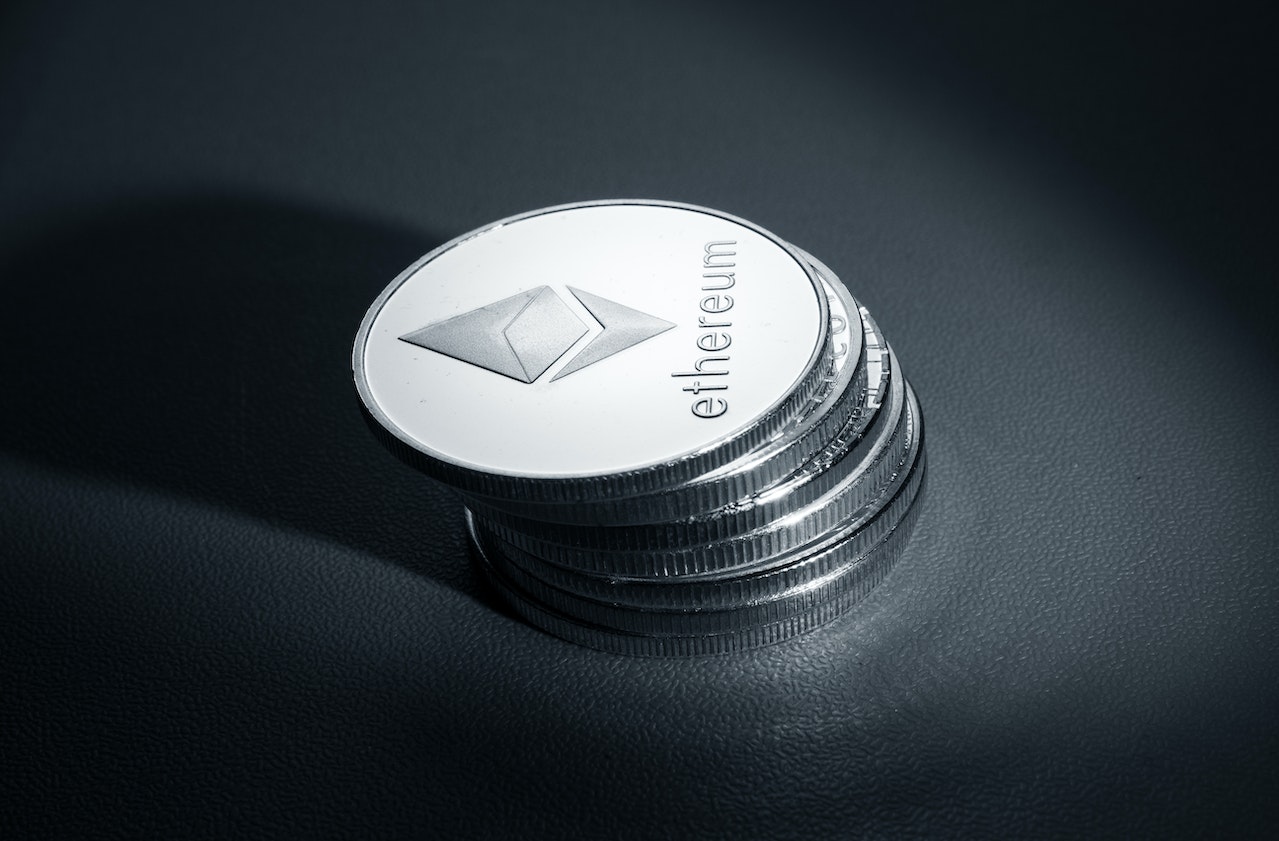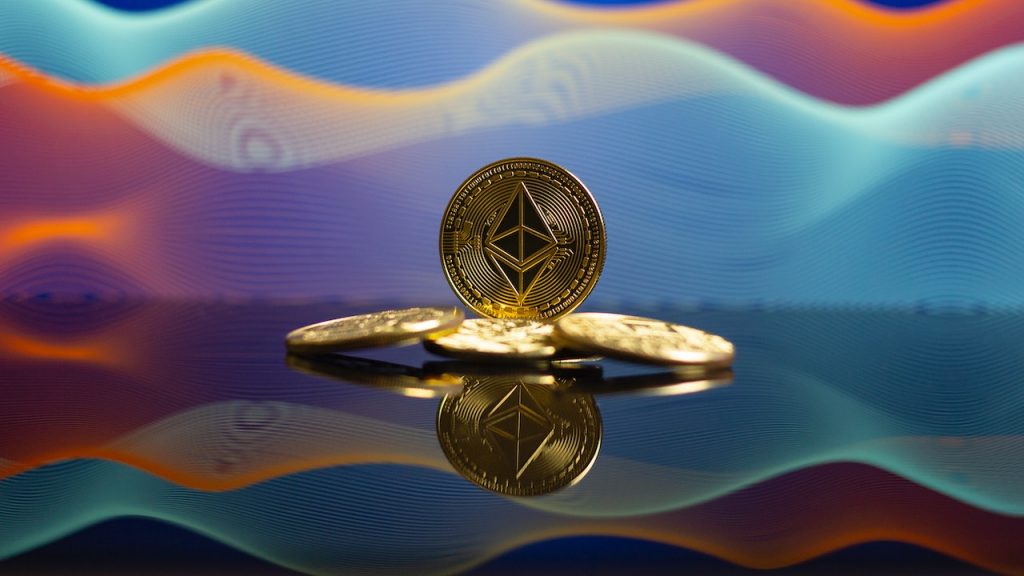
James Carter
How to Unwrap WETH: A Comprehensive Guide

WETH, or Wrapped ETH, is a token that represents Ethereum (ETH) on decentralized exchanges (DEXs) that use the Ethereum blockchain. WETH is an ERC-20 token, which means it operates on the Ethereum network and follows the Ethereum token standard. In this piece, we will walk you through the process of unwrapping WETH step by step so that you may get the most out of it.
What is WETH?
WETH was created to help bridge the gap between Ethereum and other tokens that operate on different blockchain networks. By converting ETH to WETH, users can trade ETH for other tokens on decentralized exchanges. WETH solves the issue of compatibility between different blockchain networks by providing a standard representation of ETH that can be traded on any DEX that supports ERC-20 tokens.
When to Unwrap WETH
Unwrapping WETH should be considered when:
Trading ETH on decentralized exchanges: If you want to trade ETH on decentralized exchanges, you will need to unwrap it into WETH first. This is because most decentralized exchanges only support ERC-20 tokens, and WETH serves as a standard representation of ETH that can be traded on these exchanges.
Accessing other tokens on the Ethereum network: By unwrapping ETH into WETH, you can trade it for a wide range of other tokens on the Ethereum network. This provides greater flexibility and access to other tokens, as well as improved liquidity and price discovery.
Lower transaction costs: WETH transactions are executed on the Ethereum network, which generally has lower transaction fees compared to other blockchain networks. By unwrapping ETH into WETH, you can potentially reduce the cost of transactions when trading ETH on decentralized exchanges.
Decentralized trading: WETH enables decentralized trading, which eliminates the need for intermediaries and provides greater security for users. If you prefer decentralized trading or want to avoid intermediaries, unwrapping ETH into WETH may be a good choice.
How to Unwrap WETH
In order to unwrap WETH, you need to follow a set of steps that involve setting up a wallet, depositing ETH, converting ETH to WETH, sending WETH to a DEX, trading WETH for other tokens, and finally, converting WETH back to ETH.
- Prerequisites
There are a few things that have to be in place before we can start the unwrapping process, so let’s get those out of the way first. Your very first and most important step is to get a safe wallet that is compatible with ERC-20 tokens. MyEtherWallet (MEW), which is a client-side interface that is free, open-source, and designed for the creation and management of Ethereum wallets, is a well-liked option.
Another requirement is to have some ETH in your wallet. If you don’t have any ETH, you can purchase it from a centralized exchange like Coinbase or Binance.
Step 1: Setting up a Wallet
The creation of a wallet is the initial stage in the process of exposing WETH. Your Ethereum and any other ERC-20 tokens can be stored in a wallet, which functions very similarly to a digital bank account. You can use MyEtherWallet or any other wallet that supports ERC-20 tokens to set up a wallet. Both of these options are available to you.
Once you have set up your wallet, you need to secure it by creating a strong password and backing up your seed phrase. Your seed phrase is a sequence of 12 to 24 words that are used to restore your wallet in case you lose access to it. It is crucial to keep your seed phrase safe and secure, as anyone who has access to it can control your wallet.
Step 2: Depositing ETH into the Wallet
Once you have set up your wallet, the next step is to deposit some ETH into it. You can do this by sending ETH from your centralized exchange account to your wallet’s address. Your wallet’s address is a string of characters that starts with “0x” and is used to receive ETH.
Step 3: Converting ETH to WETH
The next step is to convert your ETH to WETH. To do this, you can use a platform like Uniswap, which is a popular decentralized exchange that allows you to trade ETH for WETH. To convert ETH to WETH, you simply need to deposit ETH into the Uniswap exchange and trade it for WETH.
Step 4: Sending WETH to a Decentralized Exchange (DEX)
Once you have converted ETH to WETH, the next step is to send WETH to a DEX. There are several DEXs available, including Uniswap, Kyber Network, and Bancor. To send WETH to a DEX, you need to input the DEX’s address into your wallet and send WETH to it.
Step 5: Trading WETH for other tokens
After sending WETH to a DEX, you can trade it for other tokens. DEXs like Uniswap allow you to trade WETH for a wide range of tokens, including popular cryptocurrencies like Bitcoin, as well as other ERC-20 tokens. To trade WETH for another token, you simply need to navigate to the trading pair for WETH and the token you want to trade it for and then execute the trade.
Step 6: Converting WETH back to ETH
The final step in unwrapping WETH is to convert it back to ETH. To do this, you simply need to trade WETH for ETH on the DEX and then send the ETH back to your wallet.
WATCH THE VIDEO BELOW FOR MORE CLARIFICATION
Pros and Cons of Unwrapping WETH
- Pros of Unwrapping WETH
Improved compatibility with decentralized exchanges: WETH allows ETH to be traded on decentralized exchanges that only support ERC-20 tokens. This provides greater flexibility for trading ETH and accessing other tokens on the Ethereum network.
Increased liquidity: By converting ETH to WETH, users can trade ETH for other tokens on decentralized exchanges, which can result in increased liquidity and better price discovery.
Lower transaction costs: WETH transactions are executed on the Ethereum network, which generally has lower transaction fees compared to other blockchain networks.
Decentralized trading: WETH enables decentralized trading, which eliminates the need for intermediaries and provides greater security for users.
- Cons of Unwrapping WETH
Extra steps required: Unwrapping WETH requires an additional step compared to trading ETH directly, as ETH must be converted to WETH before it can be traded on decentralized exchanges.
Requires knowledge of the Ethereum network: Unwrapping WETH requires a basic understanding of the Ethereum network, as well as the use of a wallet that supports ERC-20 tokens.
Slower transaction times: While Ethereum’s blockchain is faster than many other blockchain networks, WETH transactions can still take longer to confirm compared to other tokens on the Ethereum network.
Increased risk: Decentralized exchanges are still a relatively new concept, and there is a higher level of risk associated with trading on these platforms compared to centralized exchanges.

Conclusion
You will be able to trade ETH on decentralized exchanges once you have completed the straightforward procedure of unwrapping WETH. You can convert ETH to WETH, trade it for other tokens, and then convert it back to ETH if you follow the processes indicated in this article and follow the steps to convert WETH back to ETH. This procedure is essential for users who intend to trade Ethereum (ETH) on decentralized exchanges (DEXs), as it creates a standardized representation of ETH that can be traded on any DEX that supports ERC-20 tokens.
Latest
Ethereum
21 Feb 2026
Ethereum
13 Feb 2026
Ethereum
07 Feb 2026
Ethereum
06 Feb 2026
Ethereum
05 Feb 2026
Ethereum
03 Feb 2026












